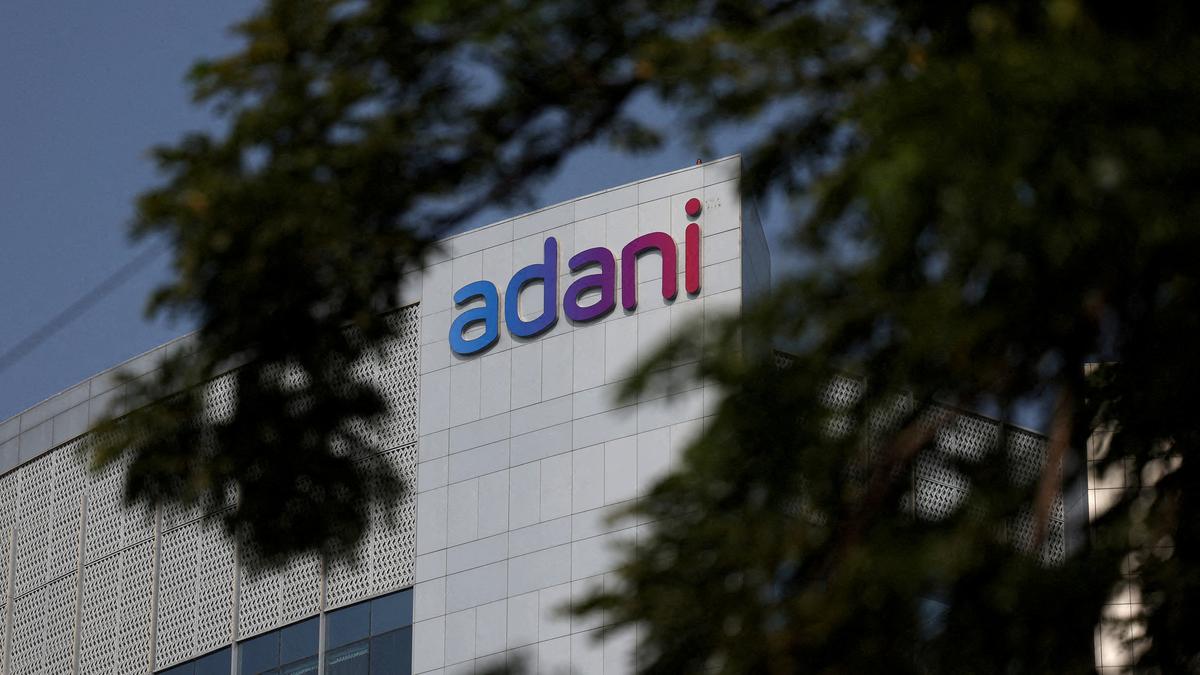
The recent orders of the Securities and Exchange Board of India (SEBI), ruling that companies in the Adani Group and its directors have not violated regulations on related party transactions and that they have not indulged in market manipulation, insider trading or in any unfair trading practices, is right according to legal principles or form. Since the expanded definition of related party was not in force when the transactions were carried out, the Adani group has not violated any law which existed then. But doubts remain over the intent behind these transactions. Also, these orders do not bring SEBI investigations into Hindenburg allegations against the Adani group to a closure. Accusations regarding violation of minimum public shareholding norms by the group have not been cleared yet.
The two orders delivered last week pertain to transactions between Adani group entities and three financing companies – Adicorp Enterprises, Milestone Tradelinks and Rehvar Infrastructure. SEBI’s investigations into the issues flagged by the Hindenburg report had revealed that companies in the Adani group had given loans to these finance companies and these companies had lent the amount to other companies within the Adani group. Instead of directly lending the money to group companies, a third party had been used as a conduit. The investigation revealed that these financing companies are very small, with negligible networth and business operations. The loans were processed, and on-lending was done in the same business day. These loans were not disclosed in the annual reports or reported to the audit committees.
Though these transactions may seem to be designed to avoid disclosure to shareholders and audit committees, there is no violation of law through these transactions. This is because when these transactions took place, between FY13 and FY21, definition of related party included only entities directly linked to the listed entity. With accounting standards also not laying down that ‘substance’ needs to be considered while determining related party relationship, SEBI was unable to enforce ‘substance over form’ doctrine in this instance.
However, SEBI has now expanded the definition to include indirect transactions between the listed company and unrelated parties, if it can be established that the objective of the deal was to benefit a related party of the listed company. Deals such as those covered in the SEBI order will now come under the ambit of law. Other changes made in recent years such as reducing the threshold for determining a related party, to 10 per cent of shareholding, from 20 per cent earlier and including all persons and entities belonging to the promoter or promoter group as a related party, regardless of their shareholding, further strengthens these regulations. Therefore, while it cannot be said that the letter of the law, as it were, was violated in the Adani case, the fact remains that the spirit was indeed violated.
Published on September 25, 2025



